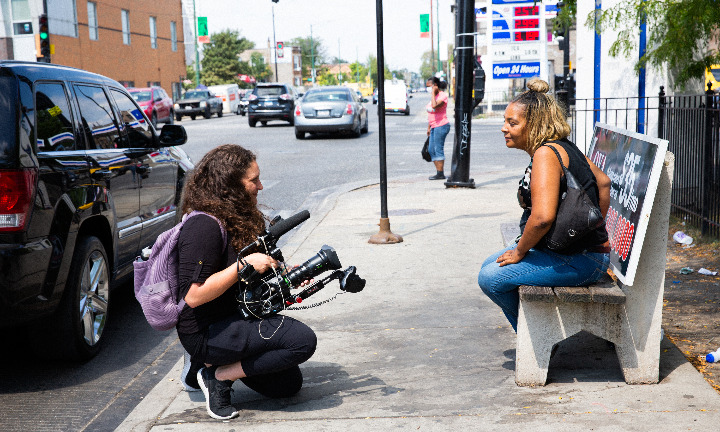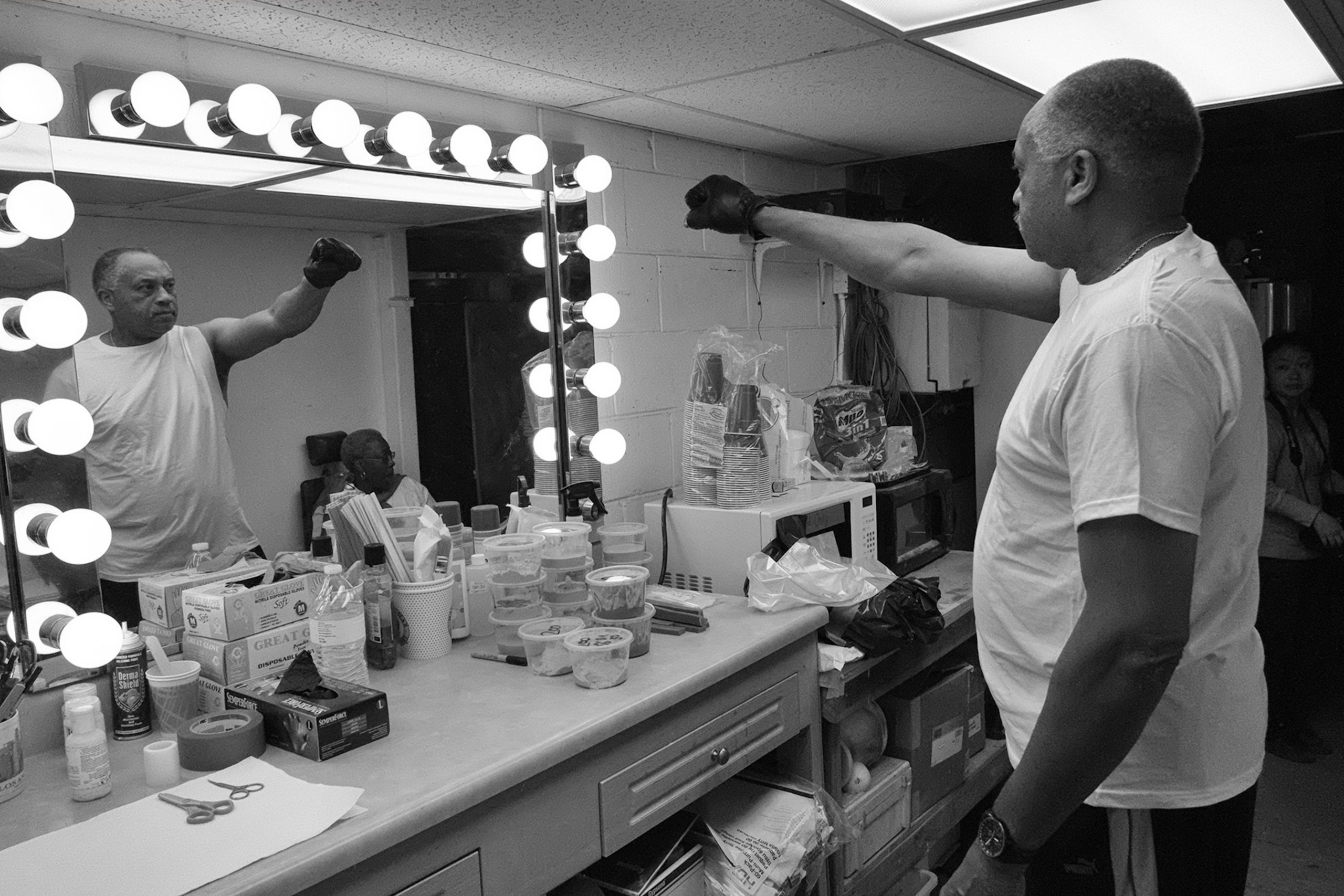Perhaps one of the most challenging films at Hot Docs this year, but also among the most essential, Margaret Byrne’s Any Given Day masterfully interrogates the ways in which we treat mental health. The film shows us a five-year observation of three participants, all of whom are in a mental health court probation program in Chicago. Byrne empathetically documents their journeys towards rehabilitation as she observes the participants negotiating a system in which the county jail all but serves as the treatment centre for people with mental health. Bars and confinement are obviously not the answer. The film asks audiences to consider new approaches that give vulnerable people in society the help they need. Some scenes in Any Given Day are incredibly difficult to watch, but in persevering and sharing their stories, Byrne’s film destigmatizes mental healthand invites others to recognize that it’s okay to say you’re not okay.
Full credit goes to Byrne’s three subjects and their bravery in sharing their stories. Angela is a mother of four children who struggles to keep her life on the rails after leaving prison. Dimitar is a Bulgarian-American man with schizophrenia who tussles with substance abuse despite the watchful care of his mother, Gina. Daniel, meanwhile, seeks his footing through a new apartment and wrestles with addictions that exacerbate his mental illness. Byrne ultimately becomes the film’s fourth subject as she grapples with her own history of mental illness and boldly turns the camera back upon herself to understand how it feels to be in the hot seat. The film is obviously therapeutic for Byrne, as well as to Angela, Dimitar, and Daniel. Despite the setbacks they encounter, their participation illustrates Byrne’s argument that people with mental illness need a stable presence to help them be healthy.
The characters have their ups and downs. Angela, for example, temporarily regains custody of her son in a devastating sequence that sees the young boy reunited with his mother via a police escort from her ex-boyfriend’s home. Dimitar self publishes a book on schizophrenia. Daniel gets his apartment and creates a sense of normalcy through order and routine. Byrne, meanwhile, continually reflects upon the need for self-care and honesty while observing her friends’ ordeals.
Any Given Day goes to very dark places, as it rightly should, while giving a frank portrait of the reality of living with mental illness. Daniel goes AWOL on Byrne, leaving both her and his sister worried that he’s lying dead on the side of the road somewhere. Dimitar falls off the wagon and escalates his highs to such extremes that he resorts to smoking a processor chip from his computer. (Never try that one at home.) In the film’s most uncomfortable and disarming scene, Angela has a manic episode after losing custody of her son again and rambles incoherently while cleaning her apartment in a fanatically disorderly fashion. (She cleans the toilet with laundry soap while doing laundry with Windex in the bathtub. Not recommended.) Byrne herself checks into a hospital during the course of filming and teaches her subjects that it’s okay to hit the pause button and refresh.
At any moment, Byrne could have turned off the camera. However, she keeps rolling in the hardest times and allows both her fear and her concern for her subjects’ well-being to permeate the film. Any Given Day is a film that “goes there.” It refuses to hide aspects of our lives that social norms tell us to ignore. Byrne forces a conversation about mental illness by taking the audiences through highs and lows, by sharing aspects of the system that are working alongside those that are not, and by using specific human faces and stories. In the film’s strongest moments, Any Given Day invites comparison to Hoop Dreams and Time — films with very different subjects, which benefit from the filmmakers’ impulse to ask tough questions that hold society to higher standards. This film is an example of the magic that happens when the camera keeps rolling, offering an unfiltered view of reality, and sticking with a subject for the long haul. It’s a deeply empathetic documentary.
Any Given Day premieres at Hot Docs 2021.











